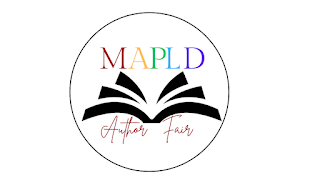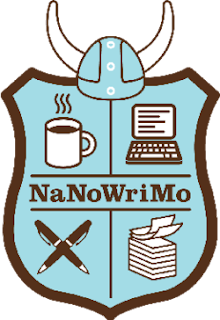“It was the best of suburban afternoons, every feature crafted to set the ideal stage for youthful memories. The weather was idyllic, the air peaceful and calm. The horizon, clear and cloudless, was blemished only by a column of black smoke rising from where Mark had just driven his motorcycle into the side of a van, killing him instantly.”
For those who might be too young to understand the title’s reference, there was once a time when driving a car or motorcycle required the driver to manually change which transmission gear was engaged with the engine, thus changing the car’s relative speed and acceleration. Low gears let you take off like a shot but your top speed was limited, while high gear had poor acceleration but you could really go fast over the long haul.As drivers, we barely notice when our car gears shift, and frankly, we just let the engine do its thing. We only really start paying attention when our car feels a little sluggish or weird, and we’re not sure why. A lot of times, it has something to do with that transmission and those pesky gears. Either they’re not shifting smoothly and we feel the car jerk around, or they’re not shifting when they should, and our car feels sluggish. In short, the driver only feels it when it’s bad. A mechanic, however, is sensitive to that stuff, and can tell you exactly what’s wrong.
Now that I’ve done that piece of old-splaining, let me get into why I did it. The same goes with writers and pacing. They know how to work with it, and they know what’s good and what’s bad. Think about that piece at the beginning. It moves along, slow and steady, a pace potentially pleasant, consistent, and quite possibly boring. It moves along smoothly, then the last half of the last sentence shifts everything. The peace and serenity is broken, the calm afternoon of our memories now dark and tense. This is a jarring move, a deliberate shift in the mood that grabs the reader’s attention. It’s not the happiest shift, but it draws the interest. The reader remembers very little about that passage, but remembers when it shifted into another gear.
The shift is not exclusive to mood. Shifting to shorter, more concise sentences can pick up the pace of a narrative. Shifting the adjectives from bright and cheerful to dark and sinister will weigh on the environment. Even the simplest thing such as an easy, predictable rhythm can become powerful when the most important part breaks that expectation.
This is a great tool for playing with the reader’s feelings from the inside, toying with the pacing without actually changing the stories. You can get a bunch of additional effort out of your writing when you shift gears the right way. And you don’t need some old guy to explain to you how a transmission works to do so.





